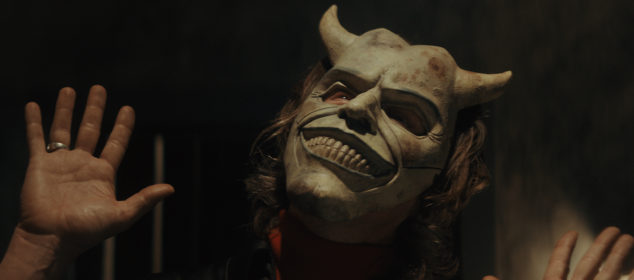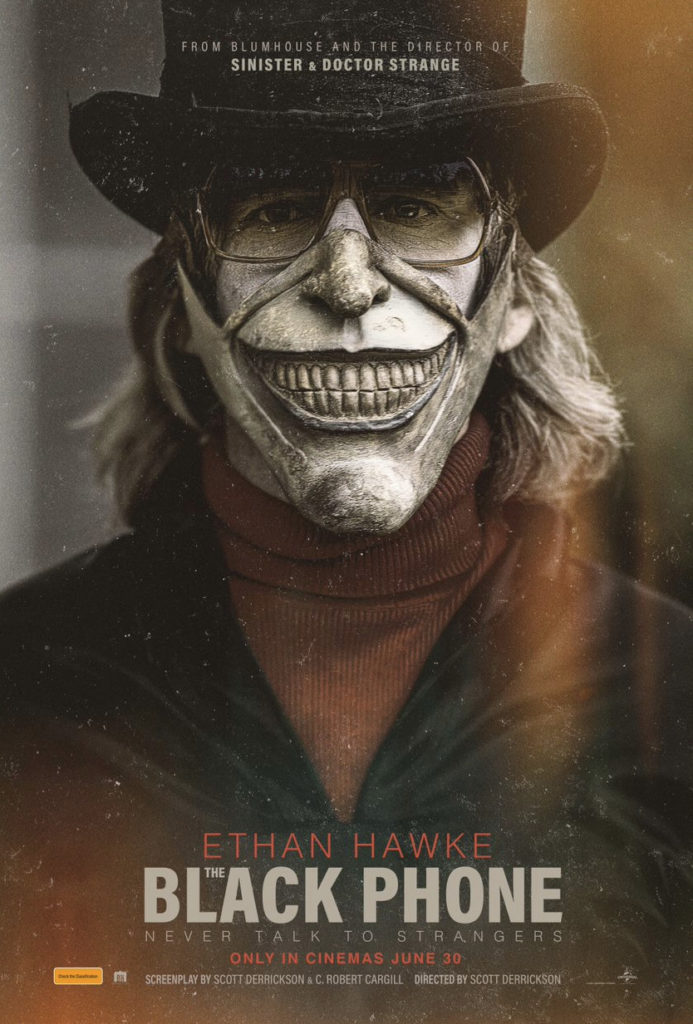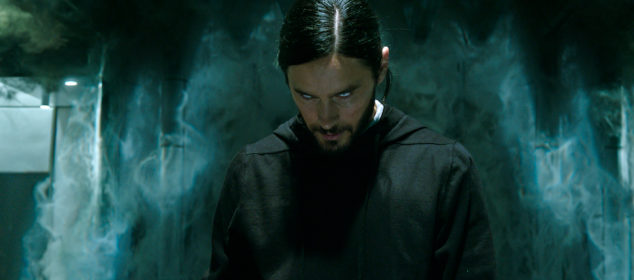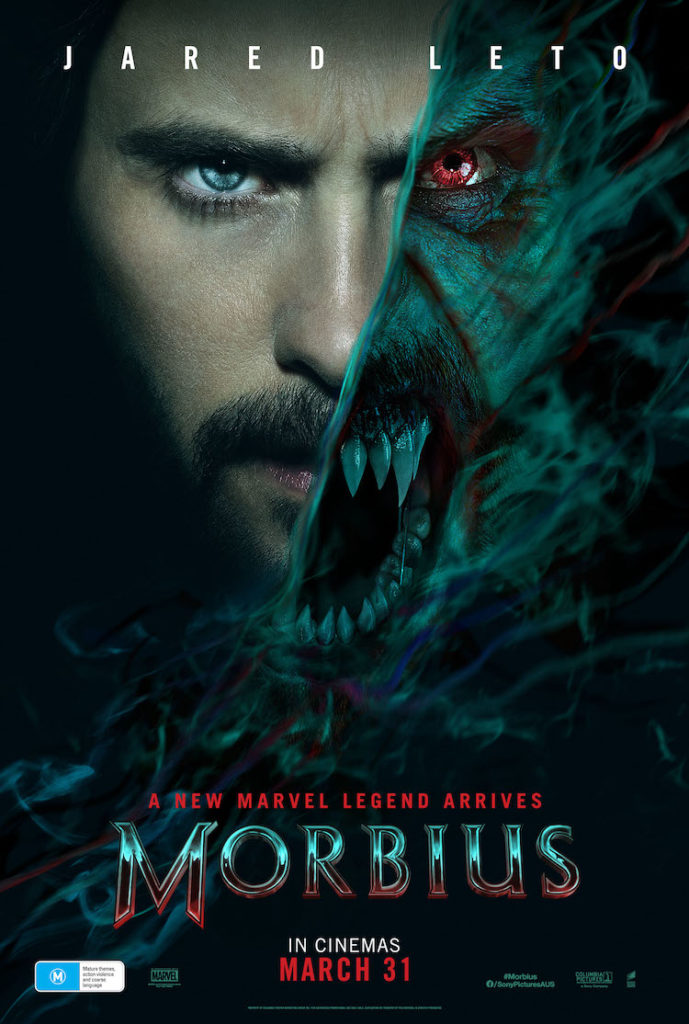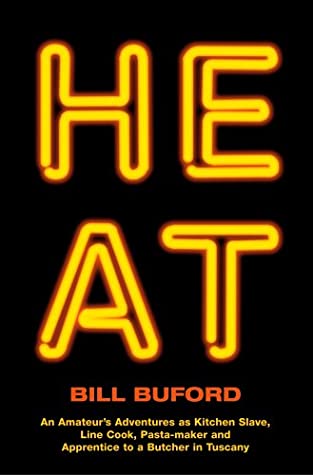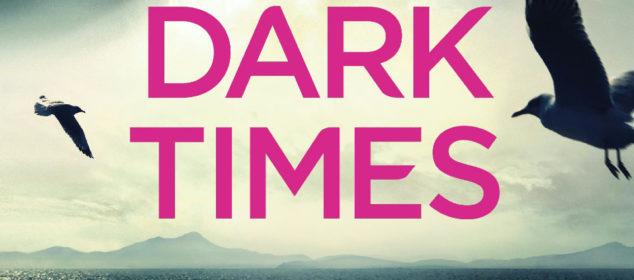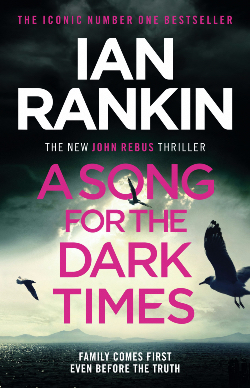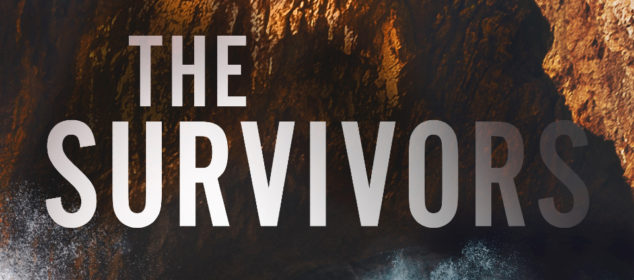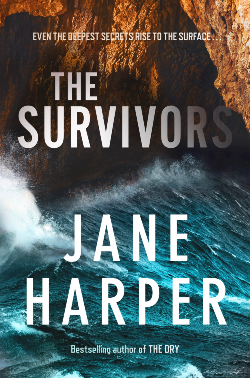Movie Review: Where the Crawdads Sing
With over 12 million copies sold, Where The Crawdads Sing is considered one of the best-selling novels of all time, written by a naturalist who is wanted for questioning in Zambia for her connection to the murder of an elephant poacher. One of the breakout titles of Reese Witherspoon’s Hello Sunshine Book Club, Where The Crawdads Sing is a borderline racist mid-twentieth century adventure that can be read in the space of one day. As a film it’s come out as more Nicholas Sparks than its own movie, and cut-rate Nicholas Sparks at that, no matter how good the cast or scenery may be.


